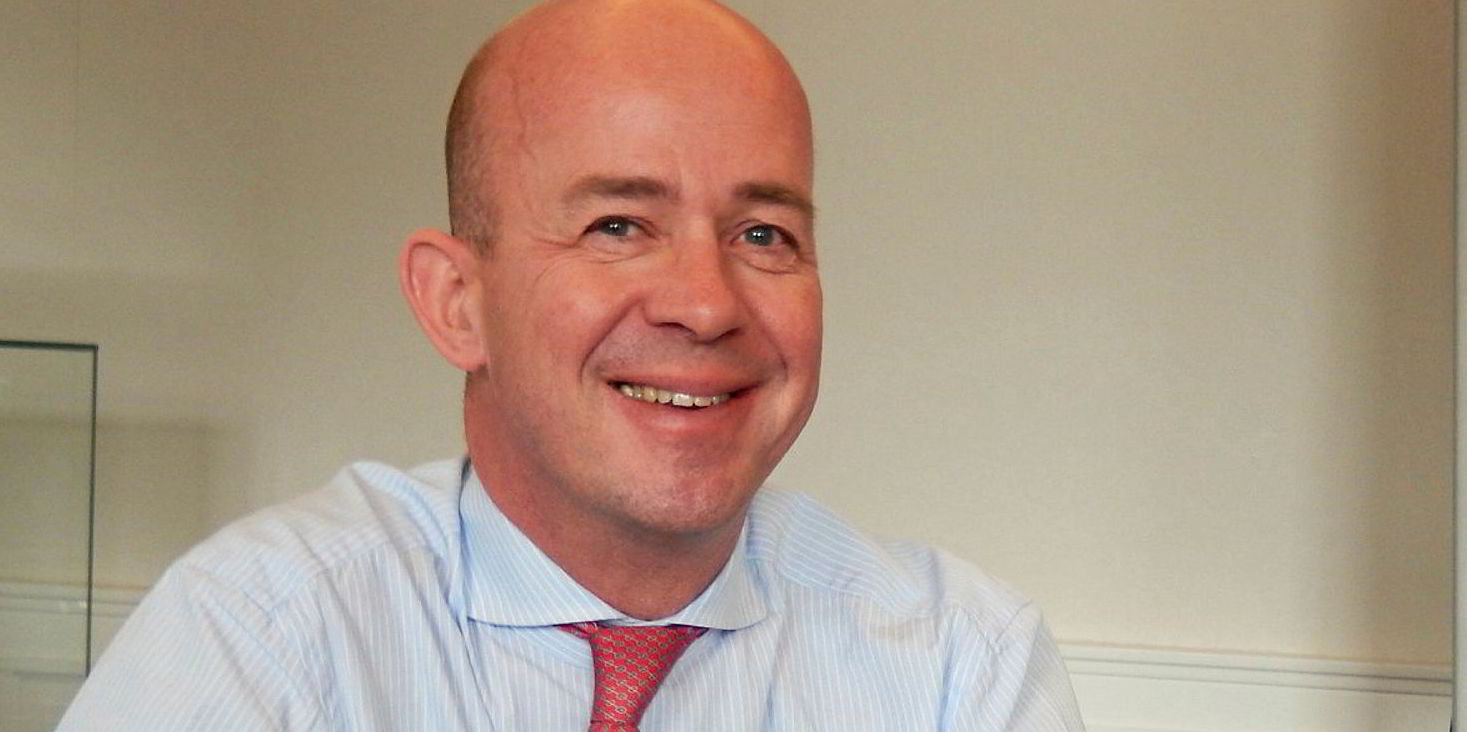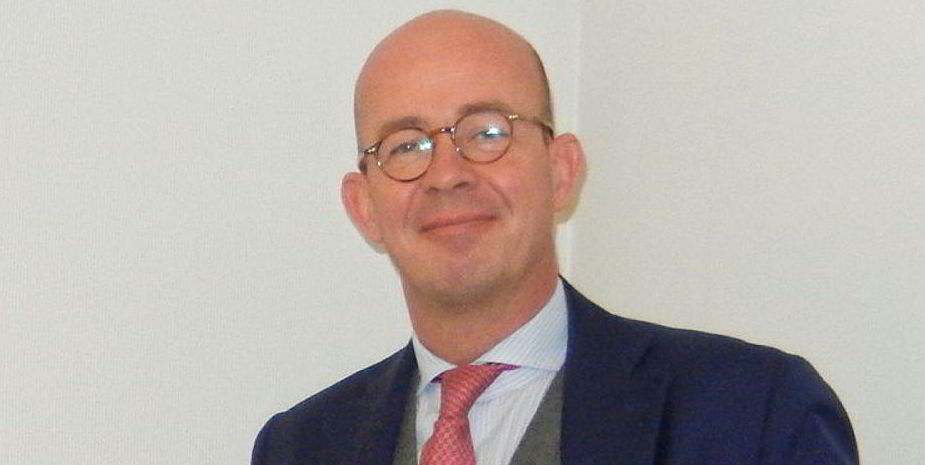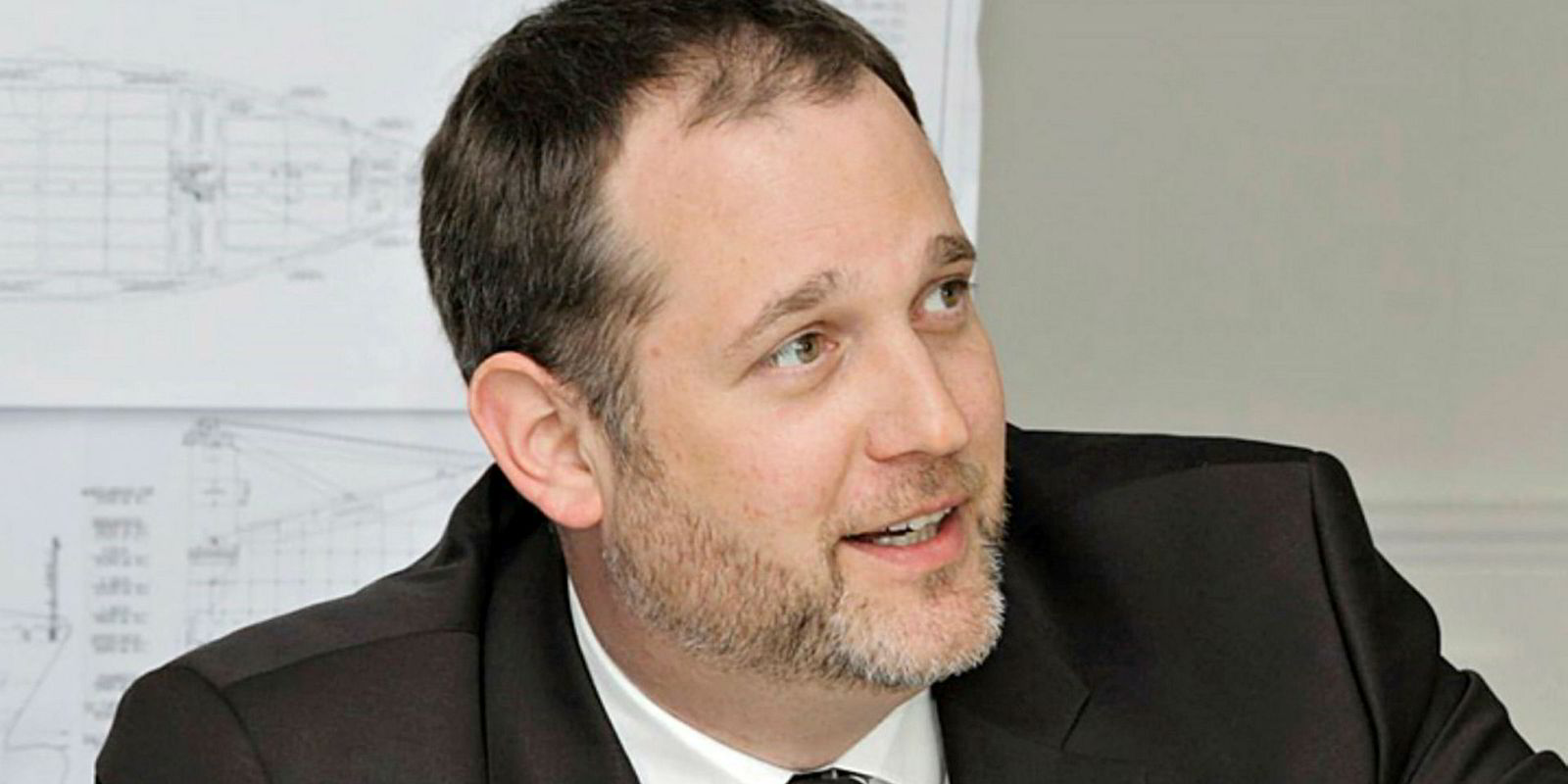Kurt Zech is probably the biggest shipping personality you had never heard of. That is, until he teamed up six years ago with an erstwhile management consultant and an up-and-coming shipping executive.
Now he is behind a major group that is driving consolidation in the German market.
What brought the low-key multimillionaire real-estate investor into shipping?
Financial distress.
Zech is a corporate carnivore. His widespread industrial network is reputed to eat up one distressed company every month. Given the carnage in German shipping, it was inevitable that the sector would attract his attention.
In the past couple of years, a long line including Rickmers Reederei, ER Schiffahrt and Offen Tankers have come under his wing.
But Zech has no background in shipping and so could not do it alone. The architect of that expansion and his right-hand man for shipping investments is Zeaborn’s managing partner, Jan-Hendrik Tobbe.
Since 2008, former management consultant Tobbe had worked on a number of high-profile restructuring deals in the German shipping markets.
That gave him a rare insight into the post-crisis scene and spurred the idea of forming a company that had a clean financial slate.
“All the shipping companies in those days had their problems. They were heavily indebted and over-leveraged,” he says. “We thought we obviously have a super advantage by founding a new structure.”
Tobbe got in touch with an old colleague, Ove Meyer, who had been helping to build up the fleet of BBC Chartering, another German company, which operates the world’s largest fleet of multipurpose (MPP) vessels.
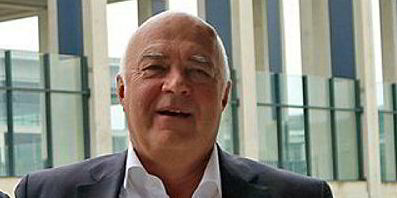
The two conjured up a management consultancy plan to acquire and jointly operate 14 MPPs, and “that’s what we did”.
The players in those days — the only ones with the money for deals in the MPP sector — were Zech and Roelf Briese, owner of BBC Chartering.
“We, from a very early stage, tried to make them [BBC] part of our thoughts, and for whatever reason the joint venture between Briese and Zech didn’t work out,” Tobbe says. “He [Briese] simply backed off twice.”
So Zeaborn was formed with the backing of Zech in April 2013, with Tobbe and Meyer as managing partners.
The initial plan was to acquire distressed assets from German banks. It didn’t succeed. “What we unfortunately experienced was the banks were not able to take the haircuts any more,” Tobbe says.
But he and Meyer went to China and negotiated loads of letters of intent with yards. “We felt like Little Emperors.”
They returned to Germany with a core contract for six geared 12,000-dwt MPPs and four options, subject to financing, with Taizhou Zhoushou Shipbuilding.
The hard part looked like being the finance, which was in short supply. But the Zeaborn founders found that Frankfurt’s DekaBank showed an interest in financing two vessels, for which Zech would provide equity.
Things snowballed from there. Zech’s backing saw more banks and even a pension fund making contributions. That freed the way for a potential order for up to 10 ships. “This was like winning the lottery,” Tobbe says.
April 2013 Zeaborn is founded by managing partners Ove Meyer and Jan-Hendrik Tobbe
April 2014 Orders placed for six MPPs. The order is later cancelled, but Zeaborn continues to grow
July 2015 Acquisition of 50% of Leer-based chartering outfit EMS ConBulk, giving insight into the operations of the MPP vessels in the W Bockstiegel Reederei fleet
December 2015 The Bremen-based team of Carisbrooke Shipping joins, with a fleet of 20 MPPs under management
March 2016 Zeaborn takes over HC Group, a young company constructed around KG funds. The transaction gives Zeaborn another commercial manager, HC Chartering, and technical manager IMM, which manages 10 vessels
February 2017 Acquisition of Rickmers Linie. Zeaborn is operating 40 ships and needs international hubs to run a fleet. It bids for Rickmers Linie, beating BBC Chartering, to which it is emerging as a rival. ‘And from one day to the other, in addition to our 40 vessels, we had nine vessels in a liner service and 20 offices worldwide,’ Tobbe says
September 2017 Rickmers Holding files for insolvency. Zeaborn fends off Advent/V.Ships and snaps up Rickmers Reederei and associated companies MCC Marine and NPC Projects
January 2018 Zeaborn buys ER Schiffahrt and its shipbroking division, Harper Petersen
August 2018 Zeamarine formed with the merger of Rickmers Linie, Zeaborn Chartering and Intermarine
April 2019 Acquisition of Zeamarine/Intermarine by taking 25% stake owned by New Mountain
June 2019 Acquisition of CPO Tankers, renamed Zeaborn Tankers in November
Zeaborn ordered six vessels in April 2014. But the orders were cancelled in June 2016 because the yard could not meet the delivery date.
The case was settled by August 2018 and financially it worked out well for Zeaborn, but “for me personally it was an emotional disaster”, Tobbe says. “I felt very strongly [that] none of those vessels delivered.”
By this time, the ball had been set rolling in the sense that Zech’s move into shipping was underway.
Tobbe had already been dealing with him through family connections and they became friends. “Since I work in corporate restructuring, we always had an exchange about possible transactions.”
Geographically, the two are close. The Zeaborn offices are in an affluent suburb of Bremen next door to the home of the 62-year-old Zech. “There is a door in the garden fence — you never know when he shows up.”
The Zeaborn buildings, which bear a passing resemblance to the White House, are a block or so from the Zech Group’s headquarters. From here, the Zech Group and Gustav Zech Foundation manage a business with 18,000 employees across 350 companies in real estate, hotels and industry.
But Zech’s involvement in shipping is limited. “He is playing his role in the shipping industry only as a silent investor,” says Zech Group spokesman Holger Romer.
According to Tobbe, it is a simple formula: if everything runs smoothly, Zech keeps his distance; if things get rough, he’s on top of you every day.
The Zech philosophy filters through.
The classic example came in September 2017 after Rickmers Holding filed for insolvency. Tobbe had just received a call from his chief financial officer asking: “Do you want to look into Rickmers Reederei?”
“I said: ‘No way! It’s out of our scope’. I put down the phone and called Kurt. And we decided just to look just a little bit into it out of curiosity’s sake.
“We said that if we have the guts to buy Rickmers Reederei and then really drive the consolidation process in the KG [limited partnership]-driven German shipmanagement market, then it could be an option.”
That set in motion a train of events.
Immediately after securing Rickmers, Tobbe turned in the direction of Erck Rickmers, who had tried, and failed, to merge ER Schiffahrt’s shipmanagement activity with brother Bertram’s Rickmers Reederei.
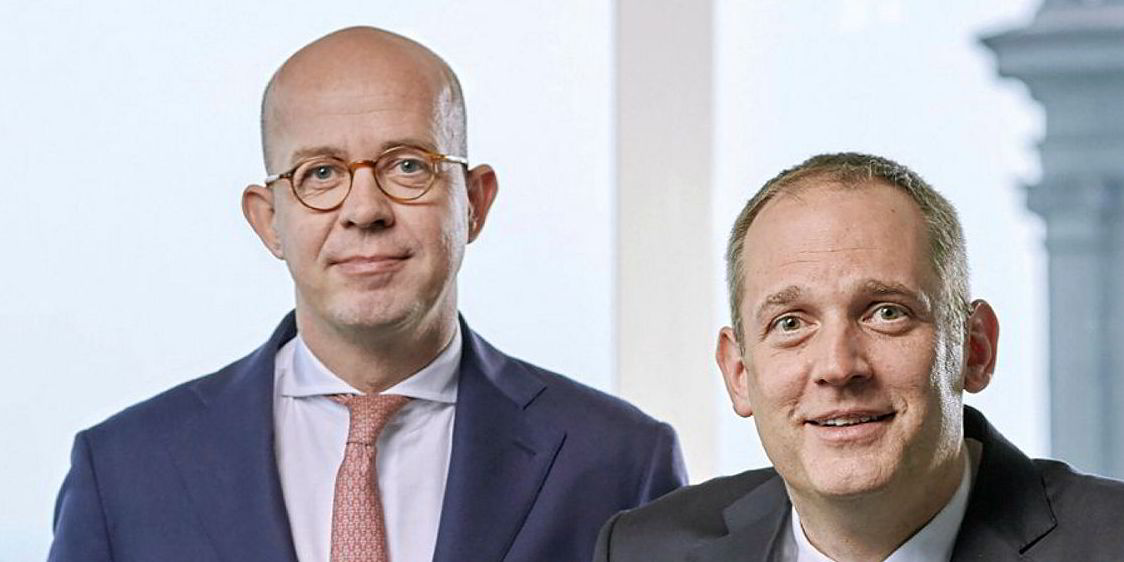
Tobbe did it in eight weeks of hard work that were completed with the acquisition of ER Schiffahrt in January 2018. “The best Christmas I ever had,” he says ironically.
The process was repeated in July this year with the acquisition of the tanker operations of CPO Tankers (now Zeaborn Tankers).
“We were always clear, and discussed with Kurt Zech, if we do another acquisition in technical management, it would be a tanker operator,” Tobbe says.
“But we never had the time or patience to screen properly the market, identify 10 targets and do a shortlist.”
In the event, it wasn’t necessary to plan. Offen’s management approached Zeaborn with a proposition involving the sale of its tanker operation.
“It’s the way of Mr Zech. He’s only opportunity-driven. If he sees an opportunity and he understands the business model, then he is very, very fast,” Romer says.
But the pace of change has taken its toll.
In July, co-founder Meyer — whom Tobbe refers to as his Siamese twin (“we used to do everything together”) — resigned to “take a break” from the business. He remains managing partner of the holding company.
But by then Zeaborn’s groundwork had been laid. New management is in place in all its operating subsidiaries. All it probably needs now are more opportunities.
